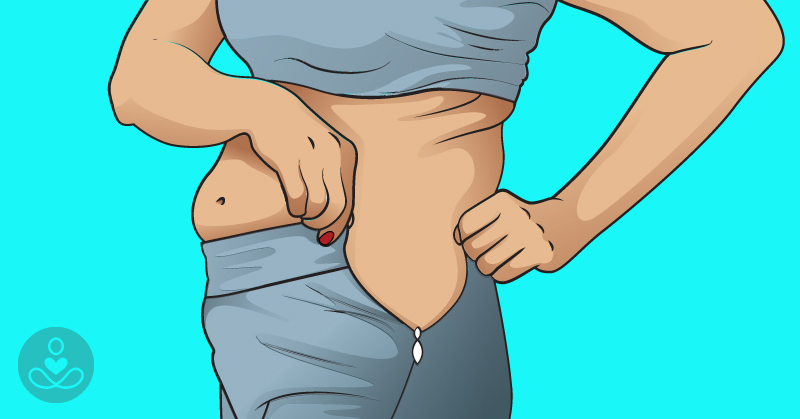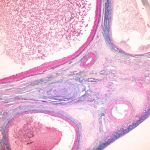Whether women are prepared or not, menopause is a stage of life that all women will experience. Menopause occurs when the natural decline of female reproductive hormones leads to the end of menstrual cycles. Menopause is officially diagnosed after 12 consecutive months without periods.
During the phase known as ‘perimenopause,’ women begin to experience symptoms before their periods completely stop. The onset of menopause varies for each woman, but it typically occurs in the 40s or 50s. Menopause symptoms can range in severity and can include irregular periods, hot flashes, weight changes, mood swings, and more.
Managing menopause symptoms can be approached holistically using alternative therapies to make the experience more comfortable. In this article, we will explore what to eat, what to avoid, maintaining a healthy weight, managing vaginal dryness, and other alternative therapies for menopausal symptoms.
Step 1: Foods to Avoid During Menopause
While there is no specific ‘menopause diet,’ it is essential to eat well to provide the body with the necessary nutrients during this transitional phase. Some foods can potentially exacerbate menopausal symptoms and should be consumed in moderation or avoided altogether. Refined grains and flours, caffeine, spicy foods, and alcohol are examples of foods that may impact the severity of menopausal symptoms.
Step 2: Healthy Food Options to Consider During Menopause
Choosing the right foods can help alleviate menopausal symptoms. Options such as organic non-GMO soy, fatty fish rich in omega-3 fatty acids, flaxseeds high in lignans, and fermented foods containing probiotics can be beneficial during menopause. These foods can help reduce inflammation, support hormone balance, and promote gut health.
Step 3: Treating Vaginal Dryness (Atrophic Vaginitis)
Vaginal dryness is a common issue during menopause, caused by a decrease in estrogen levels. This condition can lead to dry, thin vaginal walls and discomfort during sexual intercourse. Managing vaginal dryness is crucial for both physical comfort and emotional well-being. Treatment options may include lubricants, vaginal moisturizers, hormonal therapy, or other alternative remedies.
By following these steps and incorporating healthy food choices, women can navigate the menopausal transition more smoothly and alleviate common symptoms associated with this stage of life. Remember that every woman’s experience with menopause is different, so it’s essential to listen to your body and make choices that support your individual needs.






